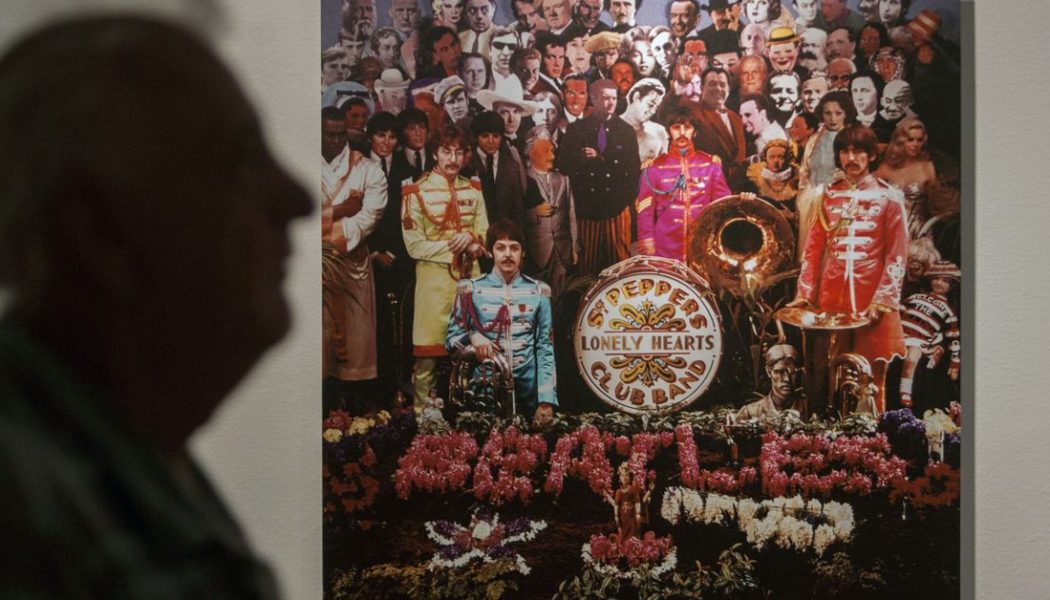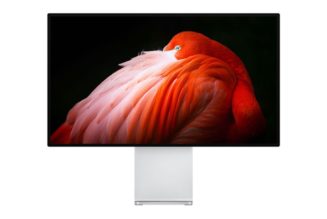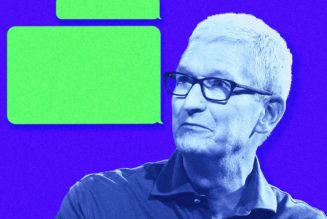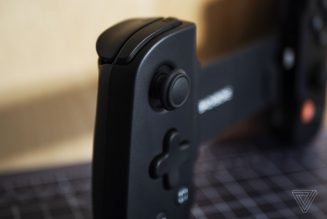
The Beatles seminal Sgt. Pepper’s Lonely Hearts Club Band is set to receive another Dolby Atmos mix, after producer Giles Martin, son of the album’s original producer George Martin, admitted that the current version “doesn’t sound quite right.” The current mix, produced by the younger Martin in 2017, was made with Dolby Atmos theaters in mind, rather than personal listening via services like Apple Music. “I’m gonna replace it,” the said the two time Grammy winner to Rolling Stone. “It’s good. But it’s not right.”
The current Atmos mix of the album was created to coincide with its 50th anniversary in 2017. At the time, it was designed to be played in Dolby Atmos cinemas at a series of live listening events. But now that it is available via streaming services like Amazon Music HD and more recently Apple Music, people are listening to it in smaller rooms or with headphones.
“Sgt. Pepper’s was, I think, the first album ever mixed in Dolby Atmos. And we did that as a theatrical presentation,” Martin explains. “So Sgt. Pepper’s is a theatrical mix that’s then being converted into a smaller medium. Therefore, it’s not quite right. I’m gonna go back to the theatrical mix and make it into what’s called near-field Dolby Atmos, as opposed to the cinema Dolby Atmos. It’s a bit bright. It’s a bit digital. But again, I’m gonna replace it, so that’s cool.”
According to Martin, the spatial mix of Sgt. Pepper’s “seems to lack a bit of bass and a little bit of weight behind it.” In comparison, the Atmos mix of Abbey Road, which was produced for its 50th anniversary in 2019 is “a much better-functioning Atmos mix because it’s much closer to the stereo mix, sonically.”
What’s particularly fascinating about Sgt. Pepper’s, is that the album was released at a time when mono recordings were the primary focus for most producers, according to NPR. George Martin reportedly spent three weeks mixing the original mono version of the album, before spending just three days on the stereo release. The album has effectively lasted through three eras of music: first mono, then stereo, and now spatial audio.
With spatial audio in its infancy, there are plenty of examples out there of well known albums that don’t sound quite right in the new format. My colleague Chris Welch outlines a few of these in his review of Apple Music’s spatial audio, where songs like “Buddy Holly” by Weezer and “What’s My Age Again?” by Blink 182 suffer from problems like muffled vocals and lifeless guitars. But hopefully these are just growing pains associated with a relatively new format, and we’ll one day look back on these tracks like we look back on early stereo recordings from the 60s.
Giles Martin’s full interview with Rolling Stone is well worth a read for the producer’s insights on the potential for spatial audio.









